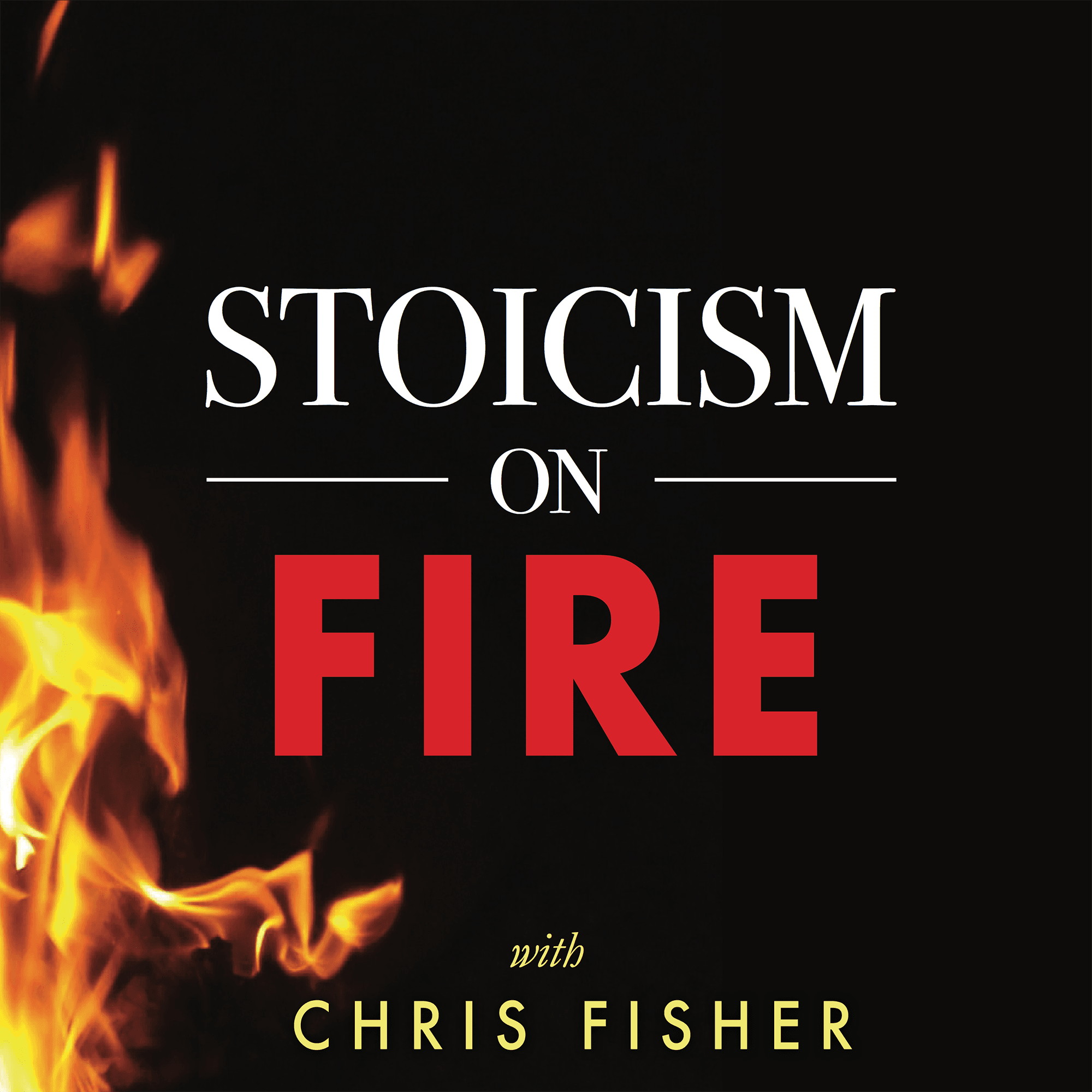Remembering Dirk Mahling – Episode 60
Description
Let your every action, word, and thought be those of one who could depart from life at any moment. (Meditations 2.11)
I cannot find a more fitting passage to describe the last few months of Dirk Mahling's life. Dirk departed from this life last Friday after a hard-fought battle with cancer. He was the President of New Stoa, a tutor, and mentor to many students at the College of Stoic Philosophers since 2016. Additionally, Dirk is one of several people who worked hard to keep the College alive when the founding Scholarch retired last year. He was bright, humorous, courageous, and a dedicated Stoic who was full of life to the end. Dirk was a friend, a colleague, and, more than anyone I know personally, an example of what it means to face death as a Stoic.
Dirk told me about his terminal cancer diagnosis last August when I returned to the College of Stoic Philosophers after a long sabbatical. At that time, he thought he might have as many as two years left. He told me his challenge was figuring out how to live the rest of his life in that time. He didn’t appear sick in August; he looked like the Dirk I had known since 2015 when I mentored him through the Stoic Essential Studies course. I mentored many students at the college, but only a handful stand out in my memory. Dirk was undoubtedly one of those. When I returned to the College last year to discover he was the President of New Stoa, I teased him about being one of my most challenging students. He was bright and questioned everything. I enjoyed the challenge, and we had a great time together in the course.
Dirk’s sense of humor was unbounded. His essay responses to lessons almost always included comics, memes, and humorous comments. In the Ethics lesson, he included a photo of Oikos yogurt with his essay response about the Stoic doctrine of oikeiosis. His answer to the question, “How do we become cosmopolitan?” was, “by reading Cosmo…” and he inserted a picture of a Cosmopolitan magazine cover. Yes, he also provided a correct answer. That was Dirk’s way of keeping Stoic philosophy fun and lite.
He also included a comic with particular meaning as we consider Dirk’s life and death as a Stoic. The comic depicts two men in togas standing next to a grave. The headstone reads, “R.I.P. Zeno the philosopher—dead, but so what? The quote from one of the two characters underneath the comic reads, “He was a Stoic’s Stoic.”
Dirk knew his end was near, but I certainly did not predict it was so close based on his behavior. He remained active at the College until the end and recently volunteered to mentor two students through the next term of the Marcus Aurelius Program beginning April 1st. He even joined the College faculty on our monthly Zoom conference call five days before he passed. Dirk was on oxygen during the meeting and told us he needed it because he gets short of breath when he talks. Dirk dedicated himself to the College’s mission of teaching students about Stoicism, and he remained at his post until the Captain called.
To me, it appeared Dirk was living the practice of memento mori. Like Marcus Aurelius, Dirk did not fear death. Marcus wrote:
In human life, the time of our existence is a point, our substance a flux, our senses dull, the fabric of our entire body subject to corruption, our soul ever restless, our destiny beyond divining, and our fame precarious. In a word, all that belongs to the body is a stream in flow, all that belongs to the soul, mere dream and delusion, and our life is a war, a brief stay in a foreign land, and our fame thereafter, oblivion. So what can serve as our escort and guide? One thing and one alone, philosophy; and that consists in keeping the guardian-spirit within us inviolate and free from harm, and ever superior to pleasure and pain,
More Episodes
An interview with Will Johncock, author of Beyond the Individual: Stoic Philosophy on Community and Connection.
Published 04/03/23
Published 04/03/23
Set before your eyes every day death and exile and everything else that looks terrible, especially death. Then you will never have any mean thought or be too keen on anything. (Ench 21)
That’s an interesting list: death, exile, and everything else that looks terrible. We can all relate to...
Published 10/05/22


